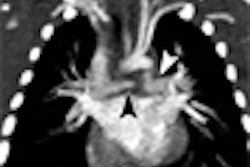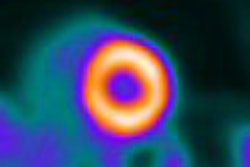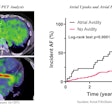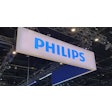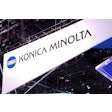Dear Cardiac Imaging Insider,
SPECT has been the traditional modality for assessing coronary artery disease (CAD), with coronary CT angiography (CTA) chomping at the bit for a share of the pie.
Still, the evidence remains quite limited with regard to which modality finds more significant disease, produces better outcomes in which patients, and does so more quickly and cost-effectively. Beyond the coronaries, global cardiac assessment remains a question mark.
Today, a study we're unveiling on AuntMinnie.com takes a big step in the direction of answering those questions, at least regarding near-term follow-up. Researchers from Cornell University Medical Center and New York-Presbyterian Hospital in New York City drilled into databases covering more than six million patients enrolled in different kinds of healthcare plans.
Patients were referred to SPECT myocardial perfusion imaging (MPI) or coronary CTA for the evaluation of CAD. The researchers scrutinized payor data from demographically matched sets for both modalities over a year's time, comparing clinical outcomes, cost outcomes, and test-utilization data.
What did they find? Get the breaking news in this issue's Insider Exclusive story, brought to you before anyone else can access it.
In our Cardiac Imaging Digital Community, a second story from the 2008 International Symposium on Multidetector-Row CT covers "urban myths" you're likely to hear when folks talk about coronary artery calcium. But isn't calcium scoring rather old-fashioned in today's jillion-detector-row CTA-dominated world? Nope, that would be Myth #7. Look for the rest here.
In ultrasound, the American Society of Echocardiography (ASE) welcomes the U.S. Food and Drug Administration's (FDA) position reversal earlier this month, allowing companies with echo contrast agents on the market to sell their products with revised labeling rather than the more restrictive black box warning. Revised labeling for the agents follows an extensive lobbying campaign by echocardiography advocates, who sought to demonstrate that the safety profile of echo contrast agents didn't warrant a black box warning.
Be sure to scroll down for more from your continuous cardiac imaging news source.





